



If you ever find yourself wandering through Kota Medan,you’ll immediately notice its vibrant pulse—a city where tradition and modern life dance together effortlessly. The streets buzz with the chatter of locals,the sizzle of street food stalls,and the occasional call to prayer echoing from nearby mosques. It’s a place that feels alive,warm,and inviting,like an old friend eager to share stories over a cup of kopi Medan,the local coffee that’s rich,bold,and just a little sweet. Walking through the city,your senses will be treated to a tapestry of aromas:fragrant spices from bustling markets,the smoky hint of grilled satay,and the fresh scent of tropical fruits piled high in colorful stalls. The architecture is a fascinating mix too—colonial-era buildings standing proudly alongside vibrant Chinese temples and bustling shopping streets. This blend reflects Medan’s diverse cultural roots,where Malay,Batak,Chinese,and Indian influences mingle in everyday life. What really makes Medan special is its people—their warmth and openness make you feel instantly at home. Whether you’re savoring a plate of soto Medan,a comforting coconut milk soup,or exploring the lively Pasar Petisah market,there’s a genuine friendliness that invites you to slow down and soak it all in. It’s a city that doesn’t just welcome you; it wraps you in its rich,flavorful embrace and leaves you wanting to come back for more.
The information on this page is currently being reviewed by Tripkliq and should be used as a guide only
Eng word: Hello
Eng pronunciation: HAH-loh
Local language: Halo
Eng word: Goodbye
Eng pronunciation: suh-LAH-maht TING-gahl
Local language: Selamat tinggal
Eng word: Thank you
Eng pronunciation: teh-REE-mah KAH-see
Local language: Terima kasih
Eng word: How much
Eng pronunciation: buh-RAH-pah
Local language: Berapa
Eng word: Toilet
Eng pronunciation: TOY-let
Local language: Toilet
Eng word: Help me
Eng pronunciation: TOH-long SAH-yah
Local language: Tolong saya
Eng word: Yes
Eng pronunciation: YAH
Local language: Ya
Eng word: No
Eng pronunciation: TEE-dahk
Local language: Tidak
Eng word: Excuse me
Eng pronunciation: puhr-MEE-see
Local language: Permisi
Medan was founded in 1590 by Guru Patimpus, a Karo Batak chieftain. The city started as a small village called Kampung Medan and has grown into the vibrant metropolis it is today.
Medan became the capital of the Sultanate of Deli in the 19th century. The Sultanate played a significant role in the development of the city, especially in the cultivation of tobacco, which became a major export.
Built in 1888 by Sultan Ma'mun Al Rashid Perkasa Alamsyah, Maimun Palace is a stunning example of Malay and Islamic architecture. It remains one of Medan's most iconic landmarks.
The Great Mosque of Medan, also known as Masjid Raya Al-Mashun, was completed in 1909. It is renowned for its architectural beauty, combining Middle Eastern, Indian, and Spanish elements.
During the Dutch colonial period, Medan became an important economic hub due to its strategic location and the booming plantation industry. Many colonial buildings from this era still stand today.
Built in 1900, the Tjong A Fie Mansion was the home of a prominent Chinese businessman and philanthropist. The mansion is now a museum showcasing the rich cultural heritage of Medan's Chinese community.
Medan is known for its diverse population, including Batak, Malay, Chinese, Indian, and Javanese communities. This multiculturalism is reflected in the city's festivals, cuisine, and architecture.
The development of the railway system in the late 19th and early 20th centuries significantly boosted Medan's growth. The railway connected Medan to other parts of Sumatra, facilitating trade and travel.
Medan played a crucial role in the struggle for Indonesian independence. The city was a center of nationalist activities and witnessed significant events during the Indonesian National Revolution.
In Kota Medan, the most common Power Adaptor is Type C, Type F.


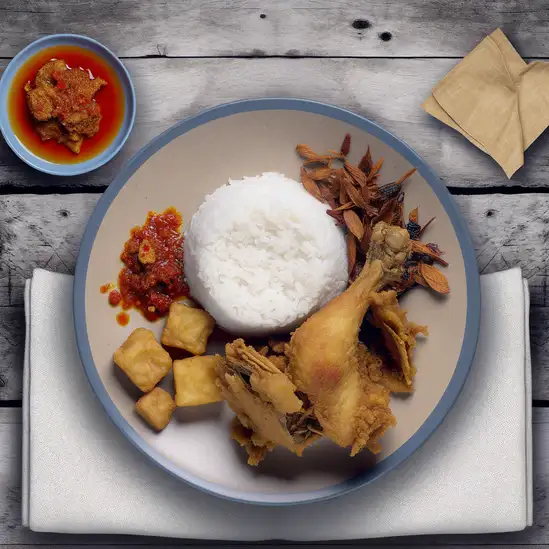
Smashed fried chicken served with sambal (spicy chili paste), rice, and fresh vegetables, known for its bold flavors.
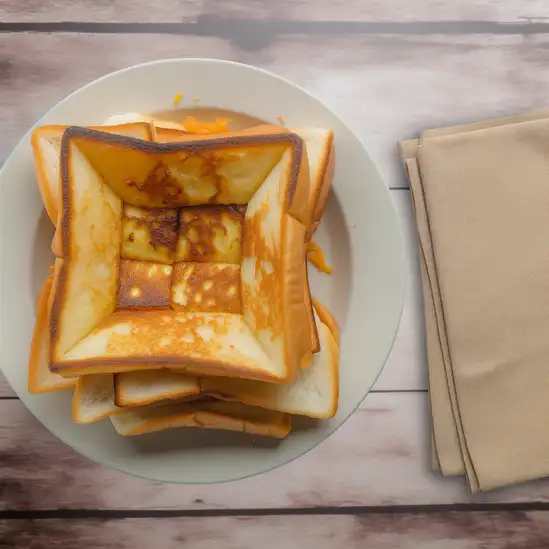
Grilled bread typically filled with a variety of sweet or savory toppings, such as chocolate, cheese, or condensed milk.
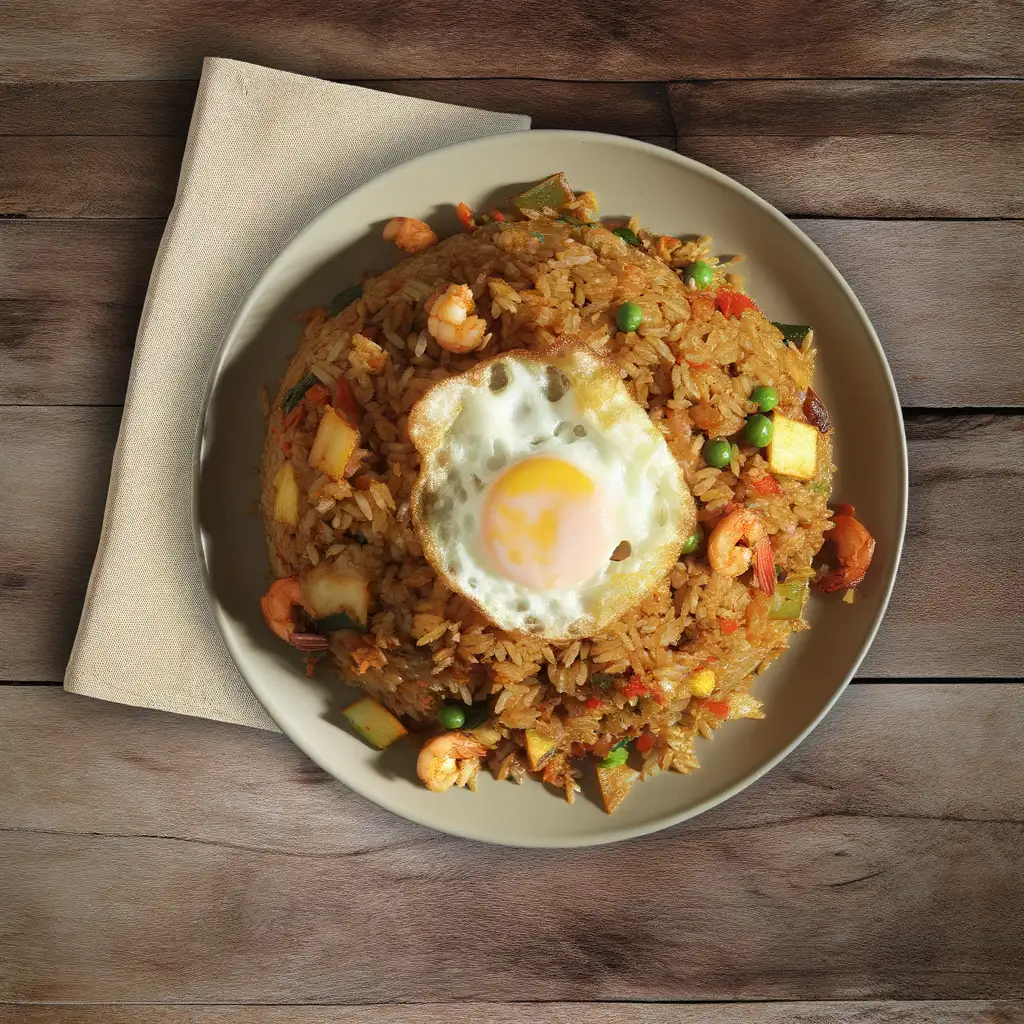
A flavorful fried rice dish typically made with a mix of spices, chicken, shrimp, and vegetables, often served with a fried egg on top.
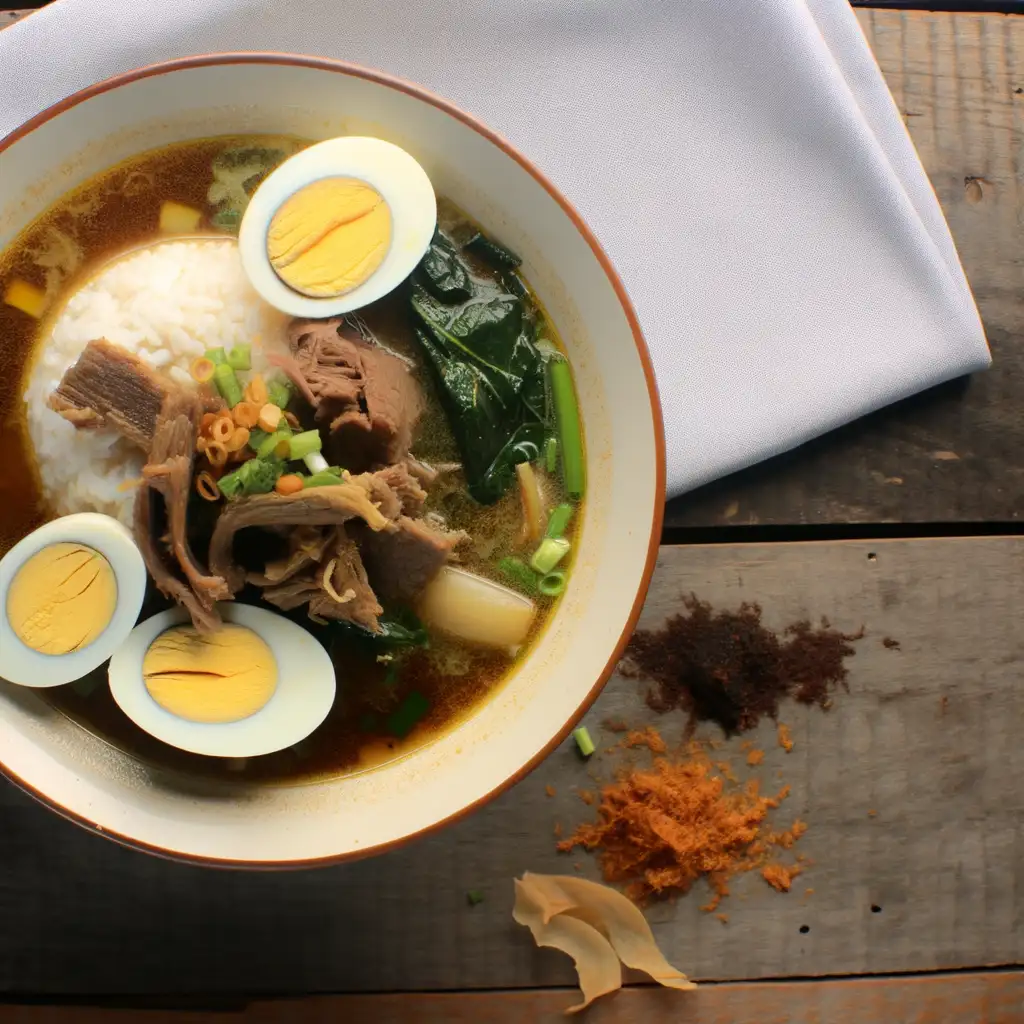
A traditional soup made with beef or chicken, flavored with a rich broth and served with rice, boiled eggs, and various herbs.
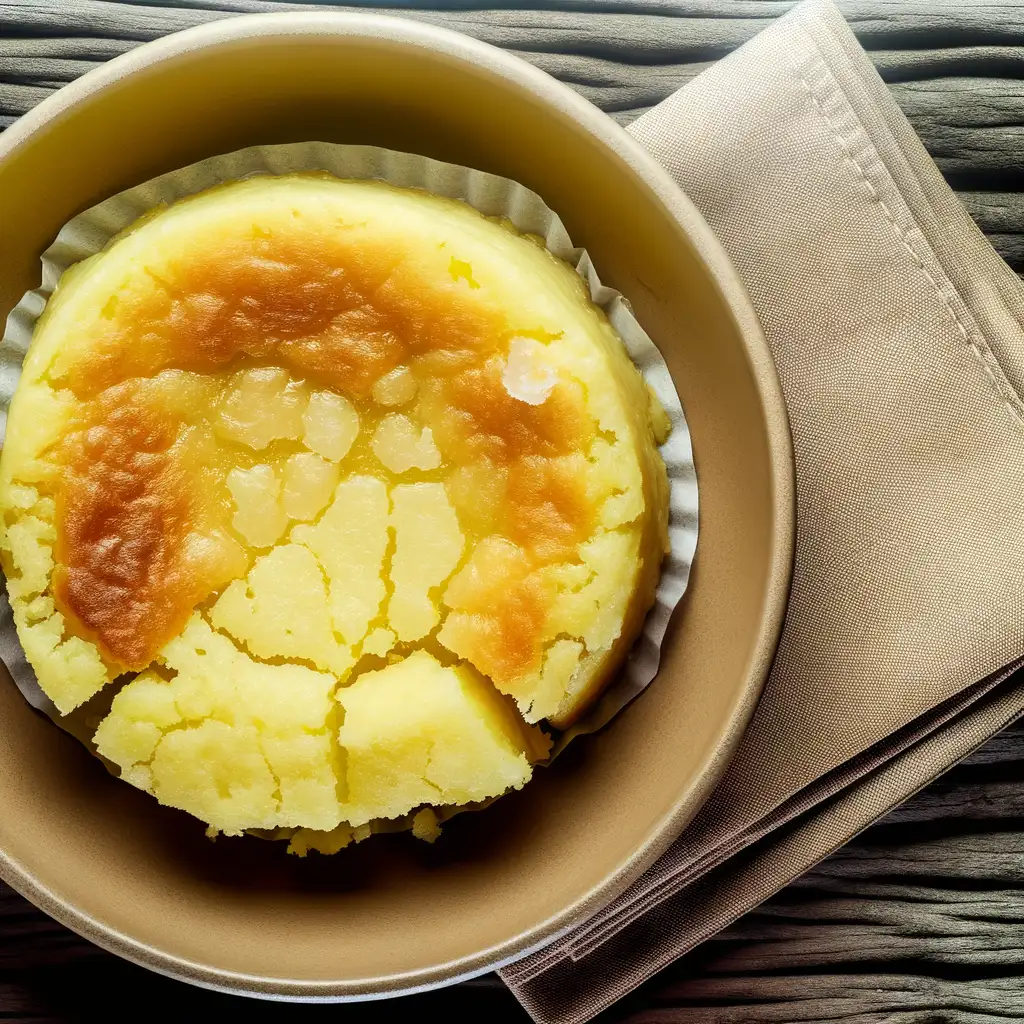
A sweet, spongy cake made from tapioca flour, coconut milk, and sugar, known for its unique texture and aroma.
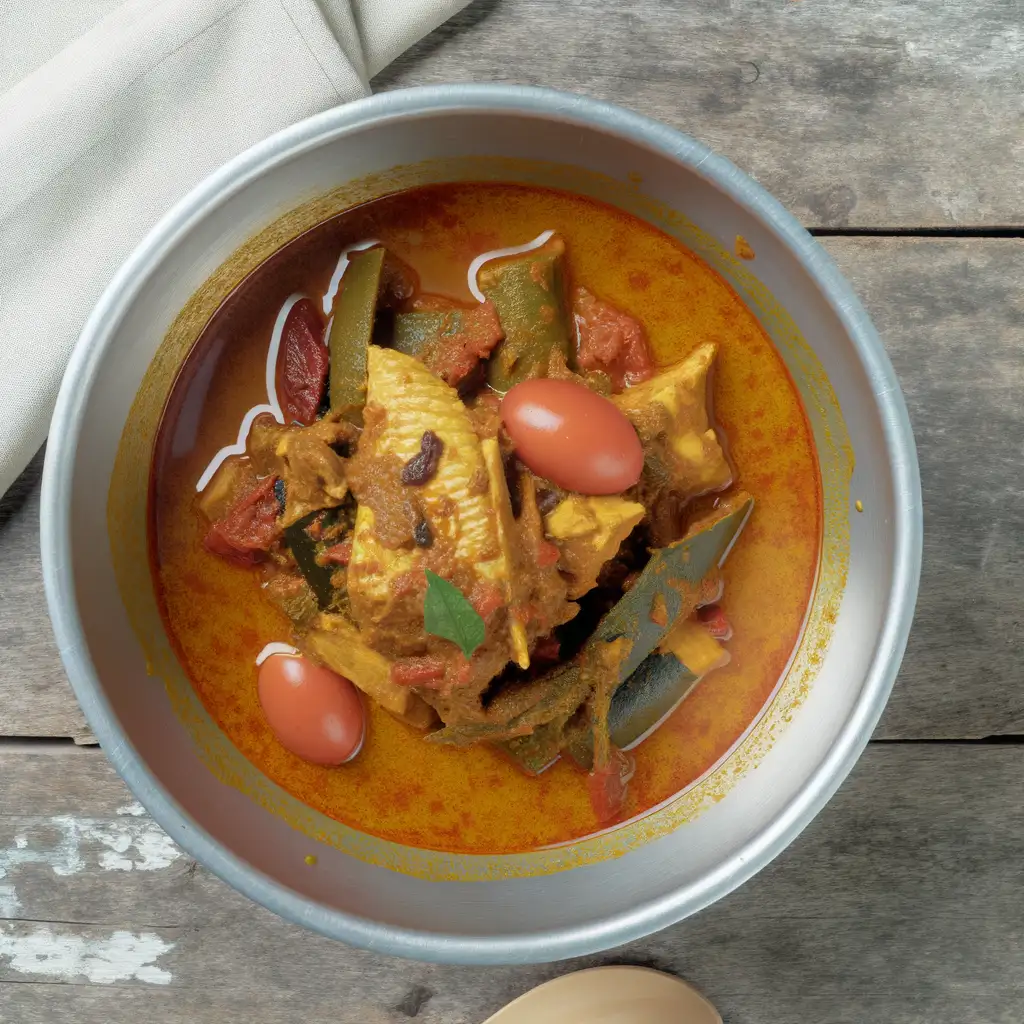
A rich and spicy fish curry made with coconut milk and a blend of aromatic spices, often served with rice.

Stir-fried flat rice noodles cooked with a variety of ingredients such as seafood, chicken, and vegetables, seasoned with soy sauce.
If you ever find yourself in Indonesia,Kota Banda Aceh is a place that quietly lingers in your heart long after you leave. The city hums with a gentle rhythm—part history,part resilience,and a deep sense of community that you can almost feel in the warm,humid air. Walking through its streets,you’ll catch the scent of freshly brewed kopi Aceh mingling with the salty breeze from the nearby sea,while the call to prayer softly echoes from the mosques,weaving a peaceful soundtrack to your day.
Banda Aceh wears its history openly,from the grand Baiturrahman Grand Mosque standing proudly as a symbol of hope,to the poignant tsunami museum that tells stories of survival and strength. The city’s character is a blend of old-world charm and everyday life—vendors selling spicy mie Aceh noodles,children playing by the waterfront,and fishermen hauling in their catch at dawn. It’s a place where tradition and daily hustle coexist beautifully.
What really makes Banda Aceh special is its people—their warmth and quiet pride. They’ll invite you to try local delicacies like the rich,spicy curry or sweet,sticky dodol,and share stories that make you feel like you’re part of something bigger. Visiting here isn’t just about seeing a city; it’s about feeling its pulse,tasting its flavors,and soaking in a culture that’s as rich and layered as the vibrant batik fabrics you’ll find in the markets.
If you ever find yourself craving a place where the rhythm of daily life feels both vibrant and laid-back,Kota Padang in Indonesia is a spot you’ll want to linger in. The moment you step into its bustling streets,there’s this warm hum of activity—vendors calling out their fresh catches,the scent of spicy rendang simmering in small warungs,and the gentle crash of waves nearby reminding you that the sea is never far. It’s a city that wears its culture proudly,with Minangkabau architecture’s sweeping rooflines dotting the skyline,and the friendly chatter of locals weaving through markets and cafes.
Walking through Kota Padang,you’ll notice how the city pulses with a unique blend of tradition and everyday life. The air carries the salty tang of the ocean mixed with the earthy aroma of fresh spices,and if you’re lucky,you might catch the sound of traditional music drifting from a nearby gathering. The people here have a warmth that’s instantly welcoming,eager to share stories or recommend their favorite spot for a plate of nasi kapau—rich,flavorful rice dishes topped with an array of spicy,tender meats and vegetables.
What really makes Kota Padang stand out is how it balances its natural beauty with cultural depth. Whether you’re wandering along the waterfront at sunset,feeling the cool breeze,or exploring the lively markets filled with colorful textiles and handcrafted goods,there’s a genuine sense of place here. It’s not just a city you visit—it’s one you experience,with all your senses alive and your heart a little fuller by the time you leave.
If you’re heading to Batam,get ready for a lively mix of island charm and bustling energy that feels both refreshingly laid-back and surprisingly vibrant. The moment you step off the ferry,there’s this warm,salty breeze that carries the scent of the sea and sizzling street food,instantly waking up your senses. Batam isn’t just a stopover; it’s a place where the hum of motorbikes blends with the chatter of locals and the clinking of seafood grills,creating a soundtrack that’s uniquely its own.
What’s really special about Batam is how it balances its industrial roots with pockets of natural beauty. You can wander through lively markets where fresh tropical fruits burst with color and flavor,or find yourself on quiet beaches where the water shimmers under the sun,perfect for a lazy afternoon swim or a sunset stroll. The city’s character shines through in its food scene—imagine tasting freshly caught fish grilled right in front of you,paired with spicy sambal that tingles your tongue and makes you want more.
Beyond the sensory delights,Batam’s warmth comes from its people. The locals are friendly and welcoming,always ready to share a smile or a story. Whether you’re exploring temples,hopping between islands,or just soaking in the vibrant street life,Batam feels like a place where you can slow down,breathe deeply,and soak up a slice of Indonesian island life that’s both familiar and refreshingly new.
If you find yourself wandering through Kota Administrasi Jakarta Pusat,you’ll immediately notice the pulse of a city that’s both historic and buzzing with modern energy. It’s a place where colonial-era buildings stand shoulder to shoulder with sleek skyscrapers,creating a fascinating blend of old and new. Walking down the streets,you can almost hear the echoes of history mingling with the chatter of office workers and street vendors. The air carries a mix of aromas—from the rich,spicy scent of street food stalls grilling satay to the faint,comforting smell of freshly brewed kopi from tiny warungs tucked in corners.
What really makes Jakarta Pusat special is its vibrant character. It’s the heart of the city’s administrative and cultural life,so you’ll find a lively mix of people—government officials,artists,students,and families—all weaving their stories into the urban fabric. The bustling markets,like Pasar Baru,invite you to haggle over colorful textiles and local snacks,while nearby museums and galleries offer a quiet retreat into Indonesia’s rich heritage.
There’s a rhythm here that’s both fast-paced and inviting. Whether you’re sipping a sweet es cendol under the shade of a tree in Merdeka Square or catching the golden light reflecting off the National Monument at dusk,Jakarta Pusat feels alive in a way that’s deeply human and endlessly fascinating. It’s a city that invites you to slow down,look around,and soak in the layers of life unfolding all at once.
If you find yourself wandering through Kota Denpasar,you’ll immediately notice its lively heartbeat—a city that hums with everyday life yet carries a deep cultural rhythm beneath the surface. It’s not the polished tourist hub like southern Bali,but that’s exactly what makes it so captivating. The streets buzz with scooters weaving through markets where the scent of fresh spices mingles with the earthy aroma of tropical fruits. Vendors call out in warm,melodic tones,inviting you to taste something new or simply share a smile.
Denpasar feels like the authentic soul of Bali,where tradition and modern life dance side by side. You’ll see women in vibrant kebayas carrying offerings to temples,while nearby,young artists sketch murals that splash color onto old walls. The city’s pulse is both chaotic and comforting,with the clatter of street food stalls serving up fragrant nasi campur and the gentle chime of temple bells weaving through the air.
What’s truly special is how Denpasar invites you to slow down and soak in its layers—whether it’s the warmth of a local’s greeting,the taste of freshly brewed Balinese coffee,or the sight of intricate carvings on ancient temples tucked between bustling streets. It’s a place where you don’t just visit; you become part of the daily story,feeling the city’s spirit in every step you take.
Kuala Lumpur feels like a vibrant heartbeat pulsing through the heart of Malaysia—where tradition and modernity dance effortlessly together. The moment you step into the city,you’re greeted by the towering silhouettes of the Petronas Twin Towers piercing the sky,their glass facades shimmering against the tropical sun. But it’s not just the skyline that captivates you; it’s the lively street scenes below. The air buzzes with the chatter of street vendors,the sizzle of satay grilling over open flames,and the sweet aroma of pandan and lemongrass wafting from bustling food stalls.
Walking through neighborhoods like Bukit Bintang or Chinatown,you’ll find a kaleidoscope of colors and sounds—vibrant markets brimming with spices,textiles,and handcrafted trinkets,while the calls to prayer from nearby mosques blend harmoniously with the hum of city life. The city’s rich cultural tapestry is woven from Malay,Chinese,and Indian influences,creating a unique blend you can taste in every bite of nasi lemak or teh tarik.
What I love most is how Kuala Lumpur never feels rushed. Whether you’re sipping kopi at a roadside stall or wandering through the lush greenery of the KL Forest Eco Park,there’s a warm,welcoming energy that invites you to slow down and soak it all in. It’s a city that surprises you at every turn—full of contrasts,flavors,and stories waiting to be discovered.
Some money changers may use sleight of hand or provide incorrect exchange rates to cheat tourists out of money.
Scammers may sell counterfeit tickets to popular attractions, leaving tourists unable to enter after paying.
Individuals may pose as tour guides and offer to show you around, only to demand an exorbitant fee at the end of the tour.
Some restaurants or food stalls may not display prices and charge tourists much higher rates than locals.
Some rental agencies may claim damage to the motorbike upon return, demanding extra payment for repairs.
Vendors in tourist-heavy areas may charge significantly higher prices for souvenirs, assuming tourists won't negotiate.
Crowded areas like markets and bus terminals are hotspots for pickpockets and bag snatchers targeting tourists.
Scammers may pose as charity workers or monks, asking for donations for fake causes or organizations.
Taxi drivers may refuse to use the meter or claim it is broken, then charge an inflated flat rate for the ride.
Tuk-tuk or becak drivers may quote inflated prices to tourists, especially if they sense you are unfamiliar with local rates.
The use, possession, and trafficking of drugs are strictly prohibited in Kota Medan and throughout Indonesia. The country has very stringent drug laws, and violations can result in severe penalties, including long prison sentences and even the death penalty for trafficking. Tourists should avoid any involvement with illegal drugs to stay out of serious legal trouble.
In Kota Medan, smoking is generally allowed in public places, but there are restrictions. Smoking is prohibited in certain areas such as hospitals, schools, public transportation, and government buildings. There are designated smoking areas in some public places, and it is advisable to look for these areas to avoid fines.
Vaping is subject to similar regulations as smoking in Kota Medan. It is prohibited in non-smoking areas such as hospitals, schools, and public transportation. Tourists should be cautious and look for designated vaping areas to avoid any legal issues.
What are other people saying about Kota Medan?
Recent Social posts about Kota Medan
There is nothing to show you for now.